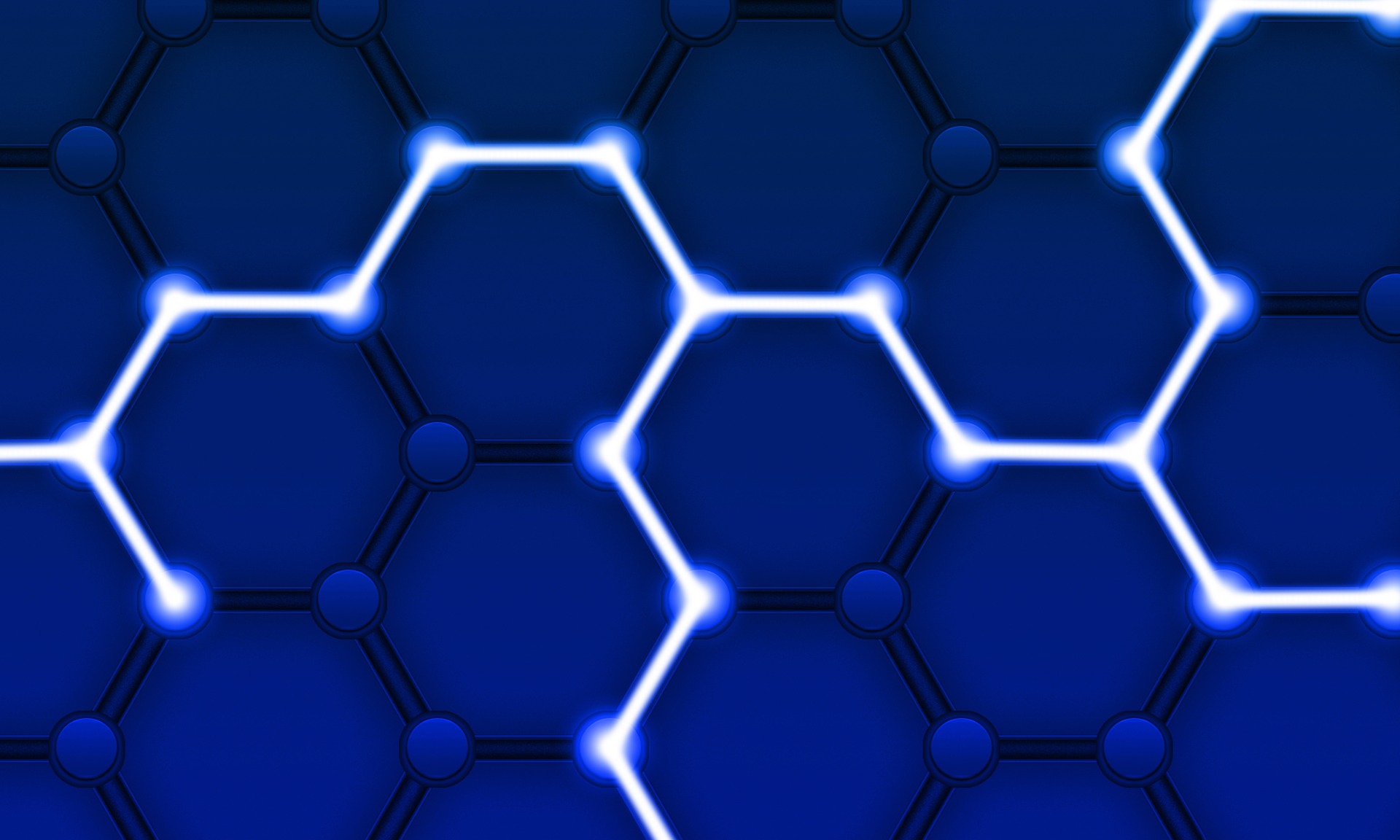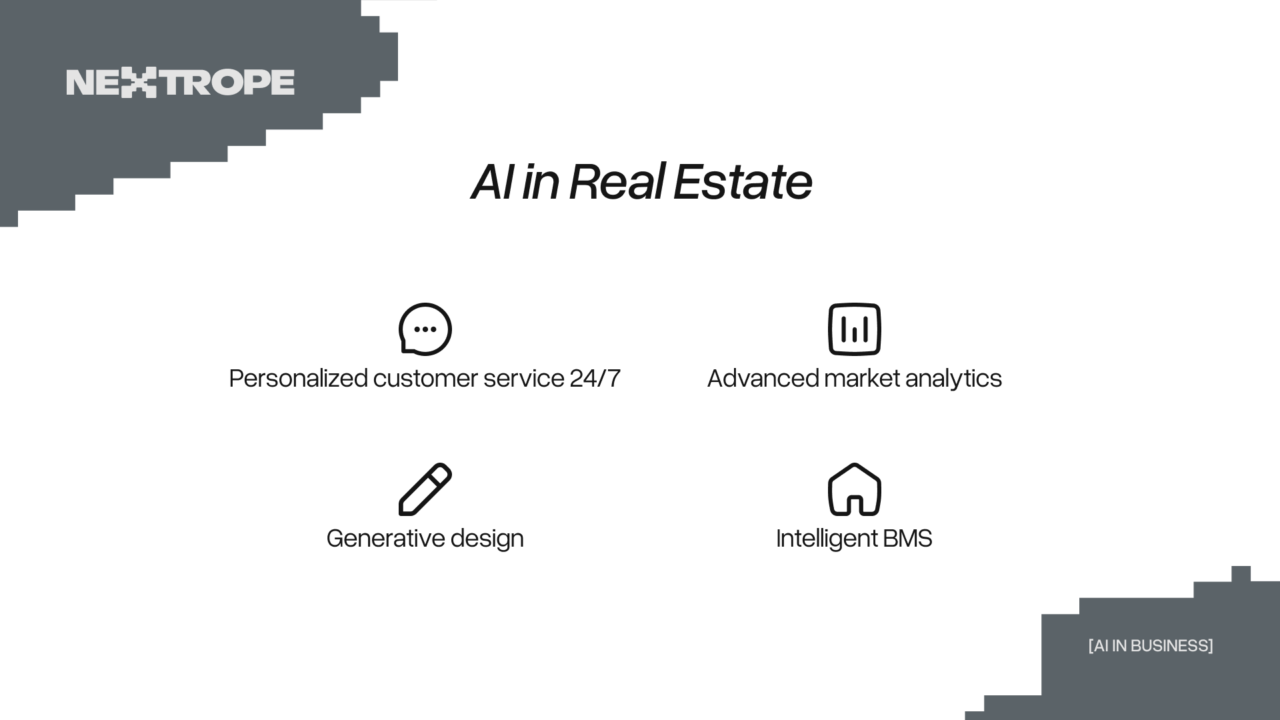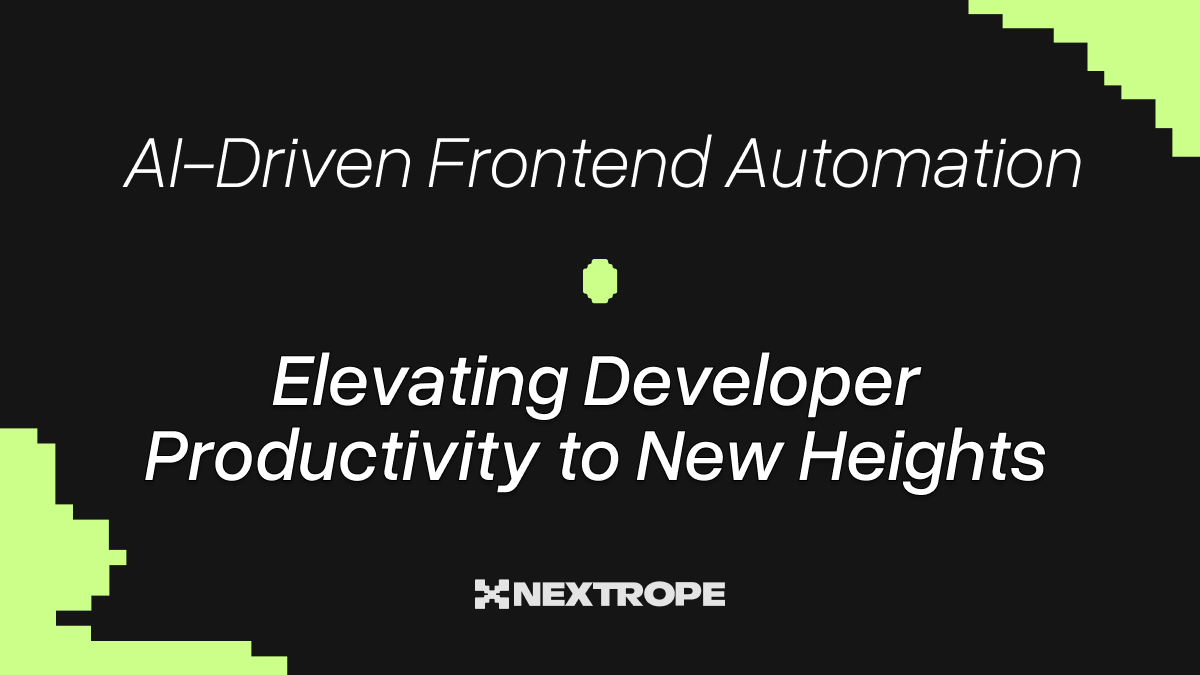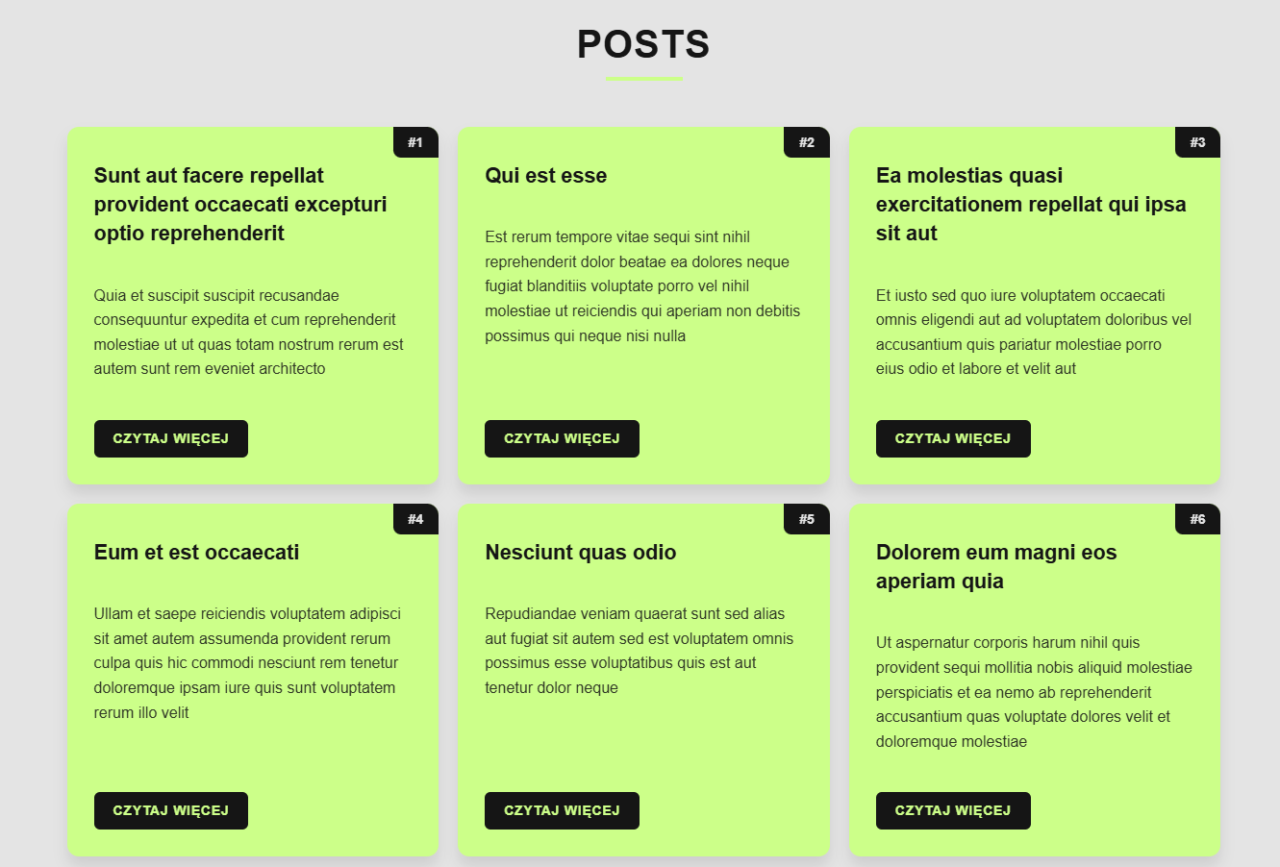Released in April 2021, the Immutable X platform became the first Layer 2 solution dedicated to NFT tokens. With it, gas fees can become a thing of the past.
Behind its creation is an Australian team Immutable, responsible for the NFT-based card game - Gods Unchained. The platform allows for trading and selling unique items that players have acquired in the form of ERC-721 tokens. According to its creators, it is Immutable X that will allow for mass adoption of NFT in games.
"Together with the release of Immutable X, our vision has become a reality. From now on, any NFT can be created, sold, collected, shared and playable on Ethereum completely free of gas," announced one of the creators.
Layer 2 for NFT
In 2020, Immutable in collaboration with StarkWare developed a solution that allows you to enjoy the security and other benefits of the Ethereum network without paying high fees. Until now, it has been gas fees that have been an indispensable part of creating and trading NFT, which experts believe has hampered further development of the technology.
Immutable X was built on top of the scaling Layer 2 technology created by StarWark. Thus, the platform became the first Layer 2 solution dedicated to NFT. This allows users to take advantage of the security provided by Ethereum without having to pay gas.
An alternative to using the Ethereum ecosystem could be to create an entirely new, faster blockchain protocol with a different method of obtaining consensus, or to develop side chains that process transactions in their own way. However, according to the creators of Immutable X, such solutions would be insufficient, as they would most likely not reach the level of security that Ethereum guarantees.
It is security that seems to play a key role here: "If security fails, the same thing happens to the authenticity of NFT, and that would have nightmarish consequences." say the platform's developers.
Immutable X – optimized token creation
One of the biggest advantages of the platform is the Immutable X Mint tool, which allows you to easily and securely create and distribute ERC-721 and ERC-20 tokens. Its biggest advantages are:
- No gas fees
- Immediate ability to trade newly created assets
- Same security as the main Ethereum network
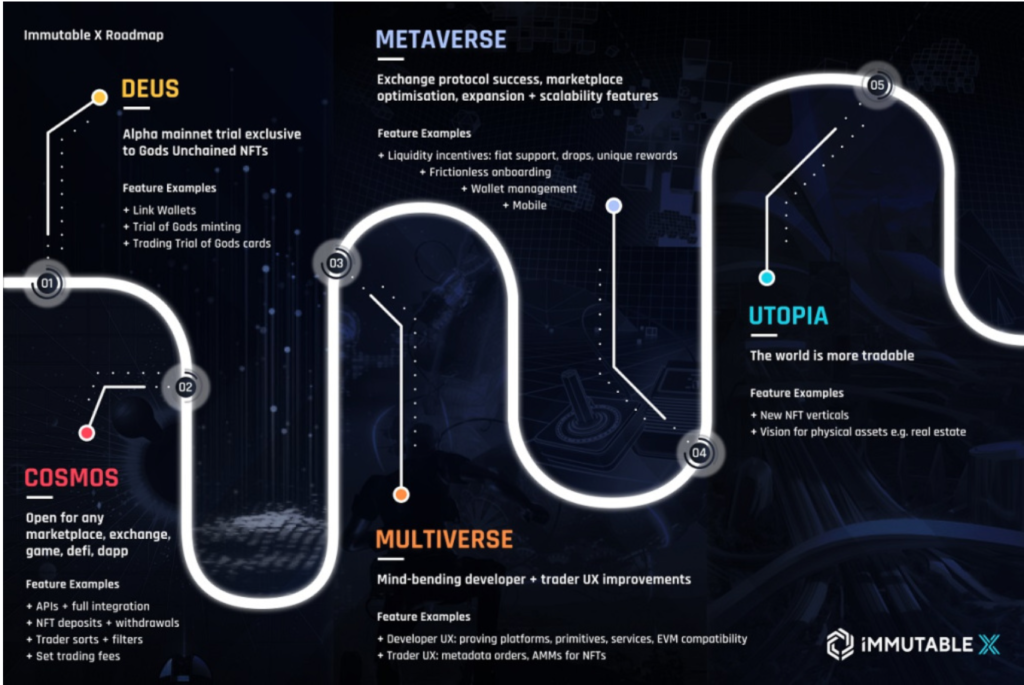
How Immutable X will change the world of NFT?
In 2021, NFTs have captured the hearts and portfolios of investors around the world. This year abounds in spectacular stories of their success. Just think of the sale of Beeple for $69 million or the extremely successful NBA Top Shot game. It is the game industry, especially the collectible ones, that I see as one of the most important niches for NFT.
Unfortunately, until now, high gas fees have seemed to inhibit mass adoption of tokens by developers. Layer 2 solutions like Immutable X could change that once and for all. We at Nextrope are watching them with bated breath, looking forward to further developments.
If you want to know how your NFT project can reach a mass audience and succeed in a global market, contact our experts who will be happy to give you a free consultation.
 en
en  pl
pl 




